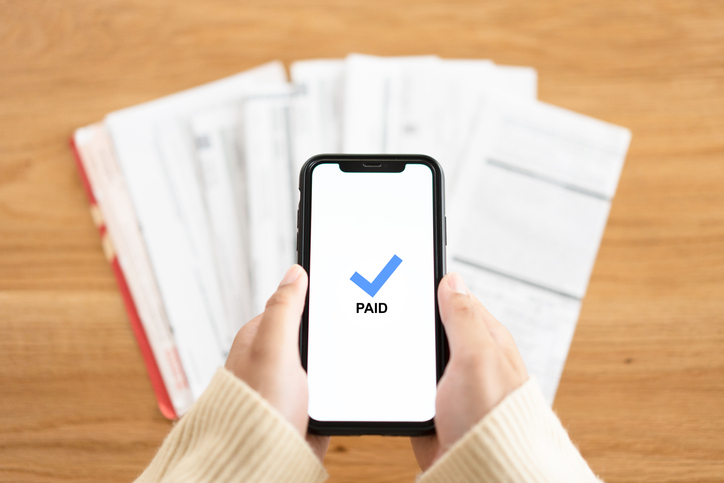-
Personal
Banking
Mortgages
-
Agribusiness
Mortgages
Loans
Farm Transition Program
-
Commercial
Banking
Mortgages
Loans
Business Services
-
Investing
Products -
Community
Community Development
Sponsorship and Donations
Financial Literacy
Volunteerism
Community Reports
Scholarships
Building Communities Grant Program
-
About
Our Roots
Our Communities
Annual Reports
Careers
Diversity and Inclusion
Credit Union Frequently Asked Questions

- Blog
- Life Events
- Managing Your Bill Time
AUTHOR: BRUCE LUEBKE, COMMUNICATIONS AND CONTENT COORDINATOR
Living on your own can be very exciting as it means having independence. Managing bills are a tricky responsibility as they do not fit nicely into a routine. Bills have different due dates, some are delivered to your mailbox and others to your inbox, some need to be paid monthly and others yearly, and some have amounts that fluctuate.

Bills may not stick to a routine, but you can. No matter how you keep track of your bills, you still need to take the time to manage them. It can be as simple as 15 minutes, once a week. This is an example of what your weekly “bill time” can look like:
- Gather up and locate any physical or e-bills your received during the week (make sure to check your junk mail)
- Input the bill totals and their due dates into your calendar
- Pay any bills that are currently due and then mark them as paid (this could be a combination of paying them online and/or writing out cheques and addressing envelopes)
- Look ahead to see what your payment schedule looks like the following weeks ahead
Finding a system to keep track of your bills is important. Luckily, there are many options when it comes to managing your bills. It is easy to customize a system that works well for you and your “bill time”. If you have a smartphone, using an app might be a good option for managing your bills. If there are a variety of free apps, download a few of them and take a quick tour to see which one you like best. If you must pay for an app, do some research to understand the extent of its features before you buy it.
Using pen and paper to manage your bills might sound like an outdated technique but some people find much more success in creating a payment schedule this way. Sometimes writing down and physically ticking items off can make the process feel more “real”.
Personal finance apps can be helpful but using a calendar may be enough to help you stay on track. If you are already a calendar app user, consider creating a sub-calendar with your bill payment schedule or downloading a separate calendar app strictly for managing your finances. If you are a visual learner, a paper calendar may be best for you.
Spreadsheets are another option that can be used electronically or on paper. Most top budgeting programs include custom-designed spreadsheets. Some people feel more organized if they have their spreadsheets printed out and sorted in a binder or notebook. A quick search online will connect you with tons of free spreadsheets you can use to build your bill payment system.

A reliable reminder app can give your bill management system a powerful boost, even if you prefer organizing your finances on paper. If your bill payment app is lacking when it comes to notification options, a dedicated reminder app with weekly “bill time” alerts can make up for it.
No matter what system you end up using, write down your bills and their due date on the day on which you plan to pay them (not on their actual due date). It helps you stay ahead of the game and buys you a little extra time if you do happen to slip up.

